Ebook Việt Hoá] Plant parenting: Easy ways to make more houseplants vegetables and flowers - LESLIE F. HALLECK
[Ebook Việt Hoá] Plant parenting – LESLIE F. HALLECK (Nhân giống cây) – HOW SEEDS GERMINATE (Cách hạt nảy mầm)
- Nguồn: [Ebook Việt Hoá] Plant parenting: Easy ways to make more houseplants, vegetables, and flowers – LESLIE F. HALLECK (Nhân giống cây: Những cách dễ nhất để nhân giống cây cảnh trong nhà, rau và hoa)
- Biên tập: Dũng Cá Xinh (Tháng 08/20201)
- Dịch: Huyền Nguyễn
English
Propagating plants from seed is relatively simple and saving seed from your harvest can be an easy and inexpensive way to grow more of your favorite flowers and food. In flowering plants, seed production involves cross-pollination of a flower, the fertilization of the female ovary with male pollen, and the subsequent development of a fruit and seed, which grows a new plant once it germinates.
In the outdoor garden, wind and pollinators such as bees, wasps, butterflies, and a multitude of other insects aid the pollination process. Insects are attracted to flowers as a source of food. While visiting, pollinators pick up pollen on their bodies. The insects then move the pollen around on the flower or transport it to other nearby flowers. It’s quite fun to watch and a great alternative to TV.
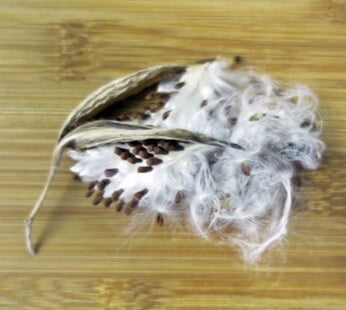
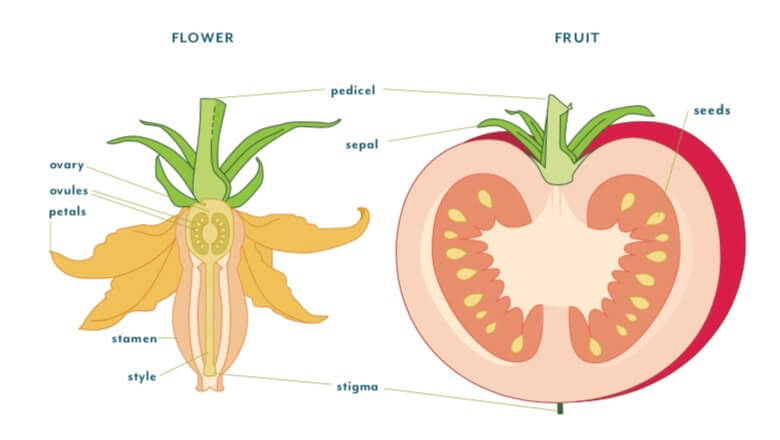
Some flowers have both female parts and male parts. These flowers are called perfect or self-pollinating. A little wind or a light shake is all that is required for pollen to move around and pollinate the flower – but pollinators certainly help. Plants with perfect flowers typically set a lot of seed and fruit easily, so they are great for beginner gardeners and seed collectors. Think cosmos flowers and pepper plants.
Some plants have separate male and female flow- ers on the same plant. These flowers are called incomplete. Squash and cucumber are examples of plants with incomplete flowers. The pollen from the male flower must travel to a nearby female flower on the same plant for pollination to occur. These crops need a helping hand from pollinators (or you) to move pollen from male flowers to female flowers so that fruit and seed can develop.
Seed from some types of plants can be difficult to collect or germinate. The seeds of certain succulents, for example, are so tiny that saving and germinating them can be challenging, regardless of whether you’re new to plant propagation or an experienced grower. For plants with tiny seeds, you’ll need to use care and patience to germinate them successfully and grow them into mature plants. If you don’t have the patience to wait for seedlings, you can propagate many succulents and cacti by removing small offsets (pups) that will grow around the base of the mother plant. (We call it a mother plant simply because it provides the material to grow the new baby plants.)
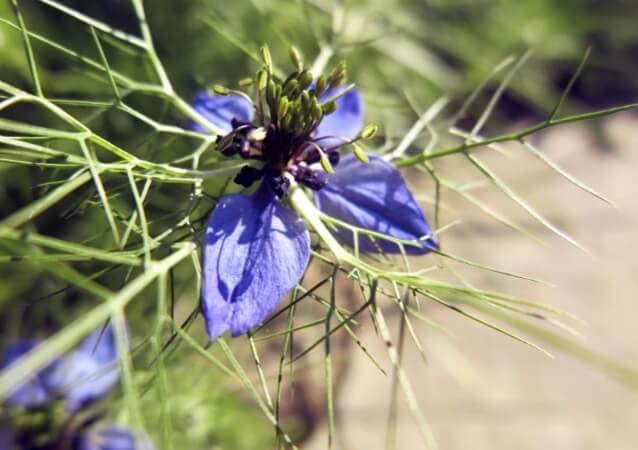
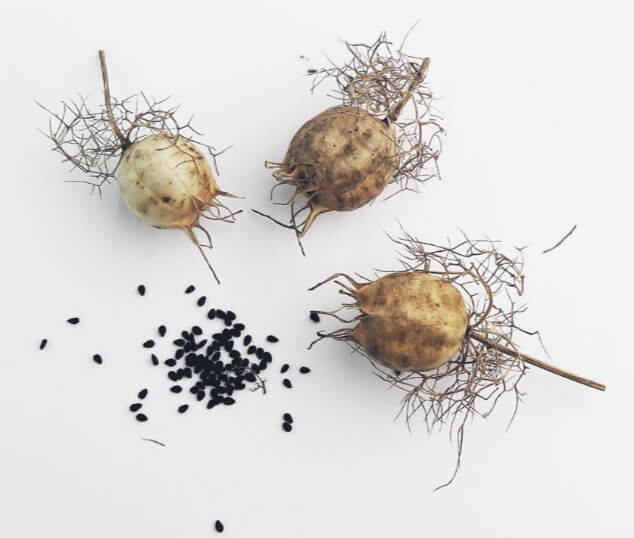
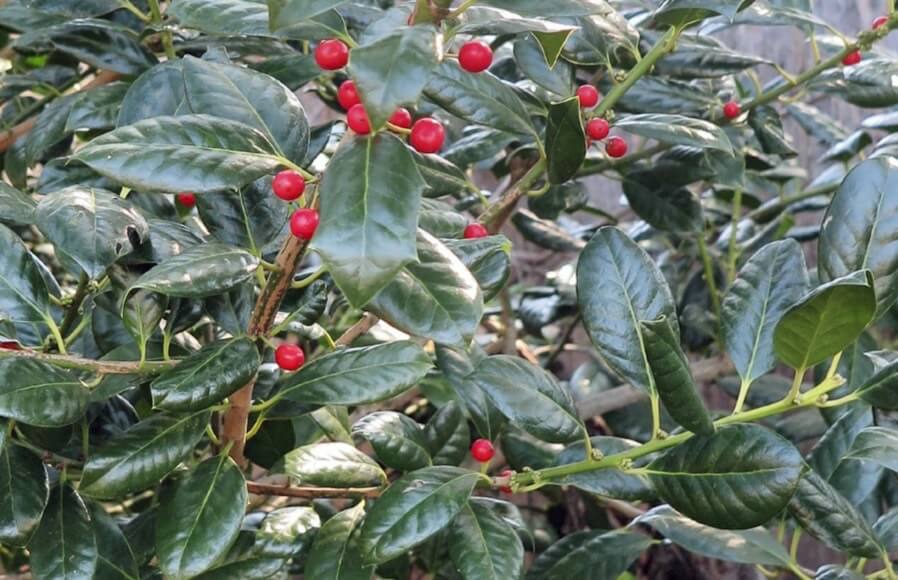
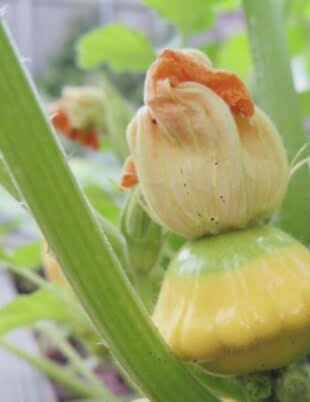
When should you choose seed propagation?
- When the plant you want to grow reproduces easily from seed
- When you don’t have access to vegetative cuttings or a mother plant
- When you want to produce the most plants for the lowest cost
- When you have time to wait for seedlings to mature
- When growing a cutting would deform the mother plant’s growth habit
- When you are growing microgreens or sprouts
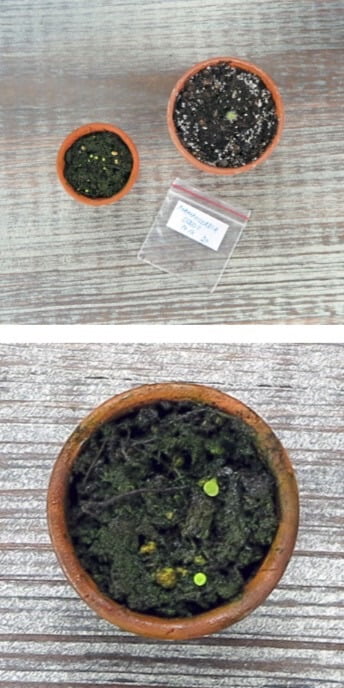
Tiếng Việt
Nhân giống cây trồng từ hạt tương đối đơn giản và tiết kiệm hạt giống từ vụ thu hoạch có thể là một cách dễ dàng và không tốn kém để trồng thêm các loại hoa và thực phẩm yêu thích. Ở thực vật có hoa, quá trình sản xuất hạt giống bao gồm sự thụ phấn chéo của hoa, sự thụ phấn của bầu noãn cái với phấn hoa đực, và sự phát triển sau đó của quả và hạt, rồi đến giai đoạn phát triển một cây mới sau khi hạt nảy mầm.
Trong khu vườn ngoài trời, gió và các loài thụ phấn như ong, ong bắp cày, bướm và vô số côn trùng khác hỗ trợ quá trình thụ phấn. Côn trùng bị thu hút bởi hoa như một nguồn thức ăn. Trong khi bay lượn, các loài thụ phấn nhặt phấn hoa trên cơ thể của chúng. Sau đó, côn trùng di chuyển phấn hoa xung quanh bông hoa hoặc vận chuyển nó đến những bông hoa khác gần đó. Đây là một quá trình khá thú vị để xem.


Một số hoa có cả bộ phận cái và bộ phận đực. Những bông hoa này được gọi là hoàn hảo hoặc tự thụ phấn. Một chút gió hoặc rung nhẹ là tất cả những gì cần thiết để phấn hoa di chuyển xung quanh và thụ phấn cho hoa, nhưng các loài thụ phấn chắc chắn có ích. Những cây có hoa hoàn hảo thường dễ dàng ra nhiều hạt và đậu trái, vì vậy chúng rất phù hợp cho những người mới bắt đầu làm vườn và thu gom hạt giống. Hãy nghĩ về hoa cánh bướm (cosmos flower) và cây Tiêu (pepper plant).
Một số cây có các dòng đực và cái riêng biệt trên cùng một cây. Những bông hoa này được gọi là hoa không hoàn chỉnh. Bí (Squash) và Dưa Chuột (Cucumber) là những ví dụ về cây có hoa không hoàn chỉnh. Hạt phấn từ hoa đực phải đi đến hoa cái gần đó trên cùng một cây để quá trình thụ phấn xảy ra. Những cây trồng này cần sự giúp đỡ từ bạn hoặc các loài thụ phấn để di chuyển phấn hoa từ hoa đực sang hoa cái để quả và hạt có thể phát triển.
Hạt giống từ một số loại cây có thể khó thu thập hoặc khó nảy mầm. Ví dụ, hạt giống của một số loài cây mọng nước rất nhỏ nên việc khiến chúng nảy mầm có thể là một thách thức, bất kể bạn là người mới bắt đầu nhân giống cây trồng hay một người trồng cây có kinh nghiệm. Đối với những cây có hạt nhỏ, bạn cần chăm sóc và kiên nhẫn để chúng nảy mầm thành công và phát triển thành cây trưởng thành. Nếu không đủ kiên nhẫn để đợi cây con, bạn có thể nhân giống nhiều loài mọng nước và Xương Rồng (cacti) bằng cách tách các nhánh nhỏ (chồi) mọc xung quanh gốc của cây mẹ. Chúng tôi gọi nó là cây mẹ đơn giản vì nó cung cấp năng lượng để phát triển những cây con.




Khi nào bạn nên chọn phương pháp nhân giống bằng hạt?
- Khi cây bạn muốn trồng nhân giống dễ dàng từ hạt giống
- Khi bạn không có cành giâm sinh dưỡng hoặc cây mẹ
- Khi bạn muốn nhân giống nhiều cây nhất với chi phí thấp nhất
- Khi bạn có thời gian để đợi cây con trưởng thành
- Khi việc nhân giống bằng phương pháp giâm cành sẽ ảnh hưởng tới thói quen sinh trưởng của cây mẹ
- Khi bạn đang trồng microgreen hoặc rau Mầm

![[Ebook Việt Hoá] Plant parenting – LESLIE F. HALLECK (Nhân giống cây) – HOW SEEDS GERMINATE (Cách hạt nảy mầm) [Ebook Việt Hoá] Plant parenting – LESLIE F. HALLECK (Nhân giống cây) – HOW SEEDS GERMINATE (Cách hạt nảy mầm)](https://vn1.vdrive.vn/codai.net/2021/02/ebook-huong-dan-nhan-giong-cay-canh-rau-va-hoa-04.jpg)


